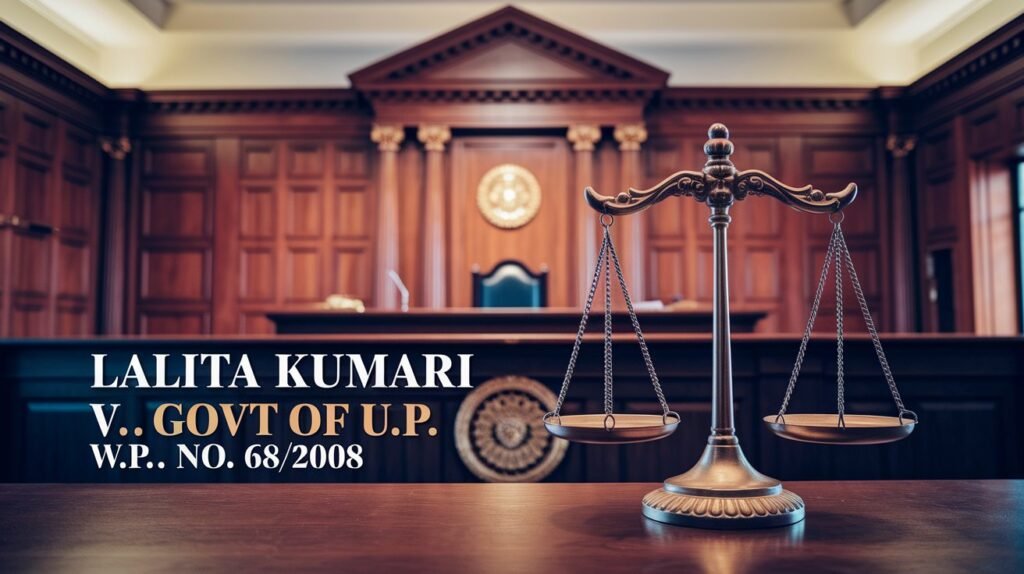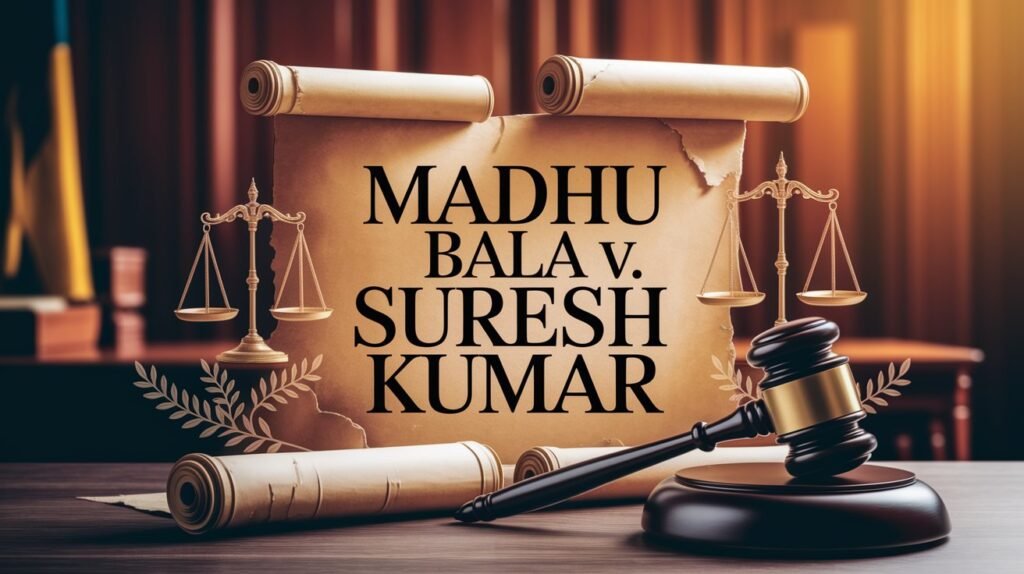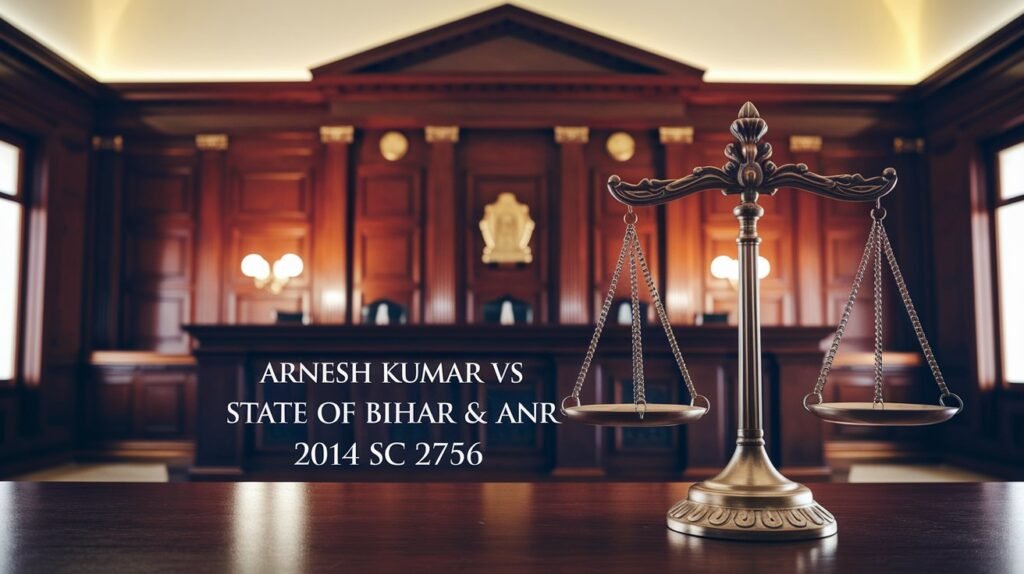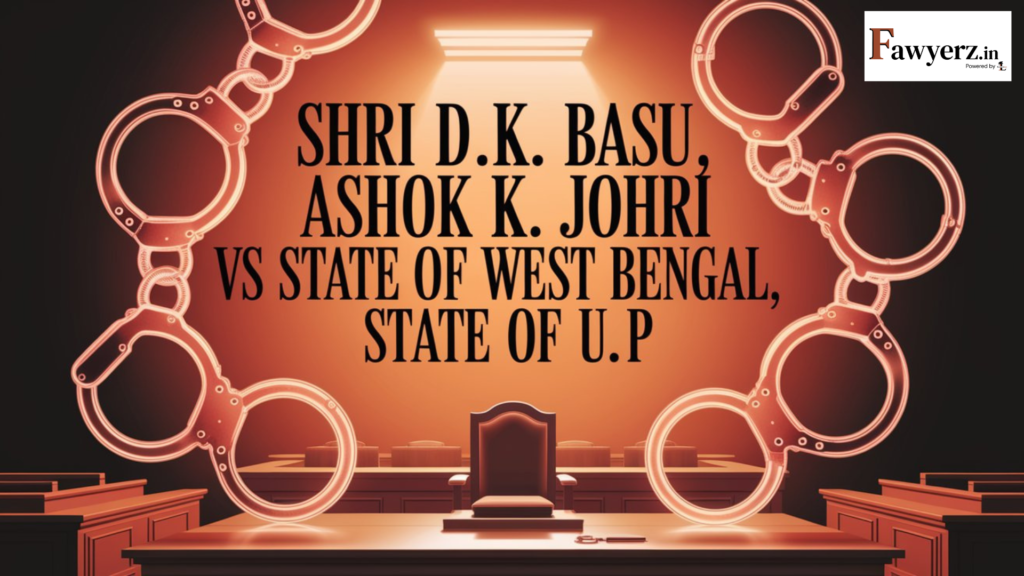Vinay Tyagi v. Irshad Ali 2013 (Case Summary)
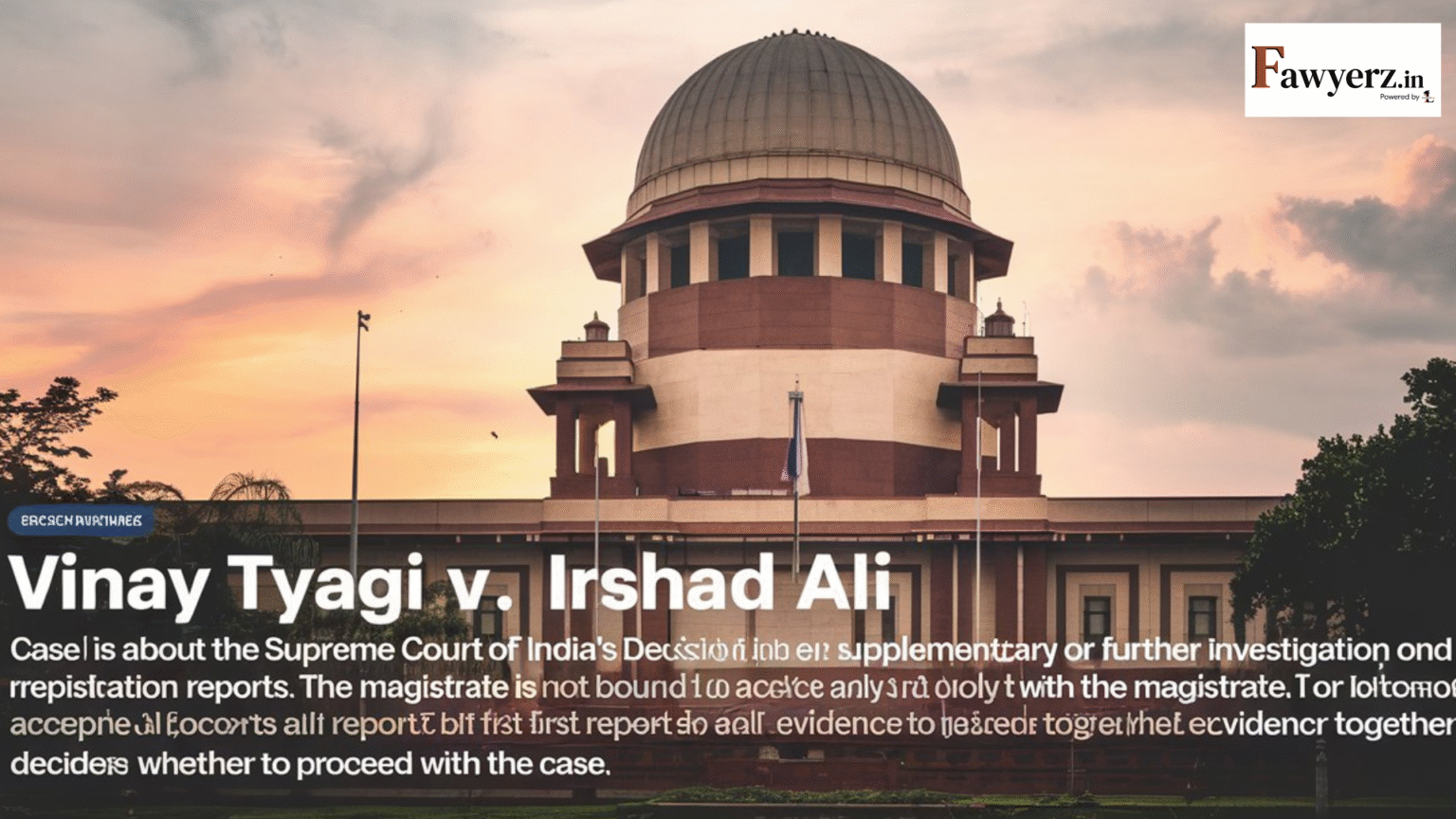
This case explained what courts can do when they receive a supplementary or further investigation report that is different from the original charge sheet. The Supreme Court held that the Magistrate is not bound to accept only the first report but can consider all reports and evidence together to decide whether to proceed with the case.
Table of Contents
ToggleFacts of Vinay Tyagi v. Irshad Ali
- Irshad Ali and another person were arrested on terrorism-related charges, and an initial charge sheet was filed by the Delhi Police against them.
- Later, the CBI conducted a further investigation under Section 173(8) of the CrPC and filed a supplementary report, concluding that the case was fabricated and recommending closure.
- The trial court chose to rely solely on the original report and refused to accept the findings of the CBI’s supplementary report.
- The question arose whether the Magistrate had the authority to independently assess and choose between conflicting reports.
- The case was taken to the Supreme Court to determine the scope of a Magistrate’s powers when dealing with multiple investigation reports
Issues framed
- Whether a Magistrate is bound to accept the first charge sheet filed under Section 173(2) CrPC?
- Whether the Magistrate can consider a supplementary report filed under Section 173(8) CrPC that contradicts the original report?
- Whether the Magistrate has the power to apply judicial mind and take a view based on the totality of the material before him?
Subordinate Court Judgment
The trial court refused to act on the supplementary report that gave a clean chit to the accused. The High Court upheld this view, and the matter came to the Supreme Court.
Judgment of Vinay Tyagi v. Irshad Ali
The Court examined Sections 173(2), 173(8), and 190 CrPC (now Sections 193(2), 193(8), and 210 BNSS). It clarified that there is no legal bar stopping a Magistrate from considering a supplementary report, even if it differs from the original one. The Magistrate must act judicially and examine all the evidence on record before taking a decision. The idea is not to blindly accept the police’s view but to independently evaluate the case.
The Court made it clear that the supplementary report under Section 173(8) is not subordinate to the main report under 173(2). Both are part of the same investigation process. The Magistrate has the power to either accept the initial report, accept the supplementary one, or reject both if there are valid reasons. What matters is whether there is enough material to proceed against the accused.
In the final ruling, the Court held that the Magistrate had made a mistake by ignoring the CBI’s report and that he should have considered it on merit. The case reaffirmed the role of judicial application of mind and confirmed that courts are not passive players in the investigation process. It strengthened the principle that justice must not be sacrificed in procedural confusion.


